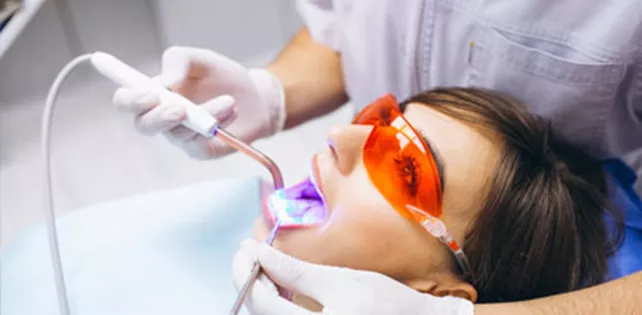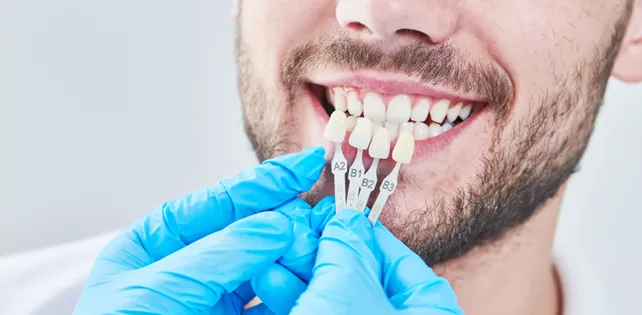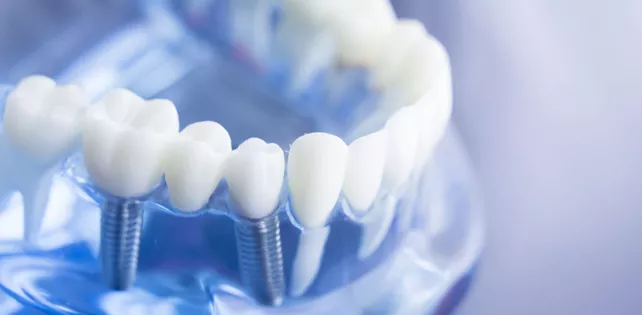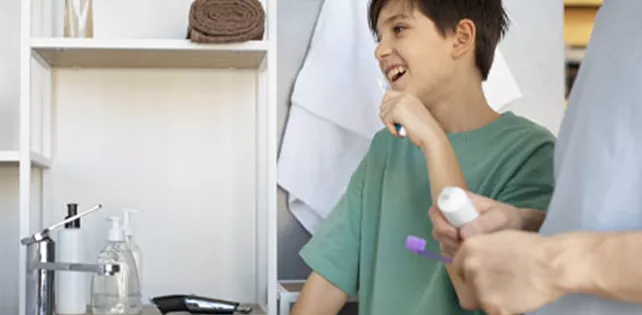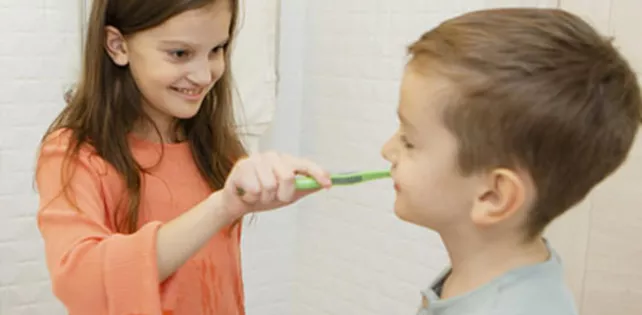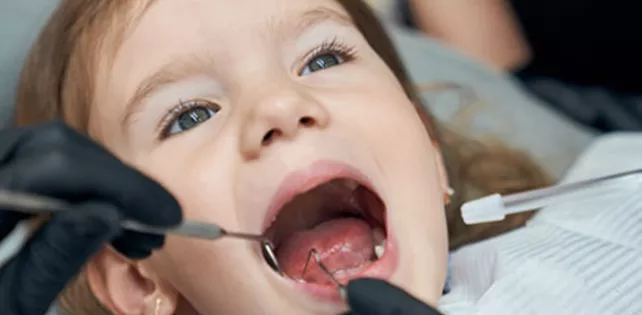Tooth Brushing Education in Children
Children's oral and dental health has a great impact on their general health. Therefore, it is extremely important to give children the habit of regular and correct tooth brushing. The earlier children acquire proper brushing habits, the less likely they will have dental problems later in life. Tooth brushing education in children is carried out with the joint efforts of families and dentists.
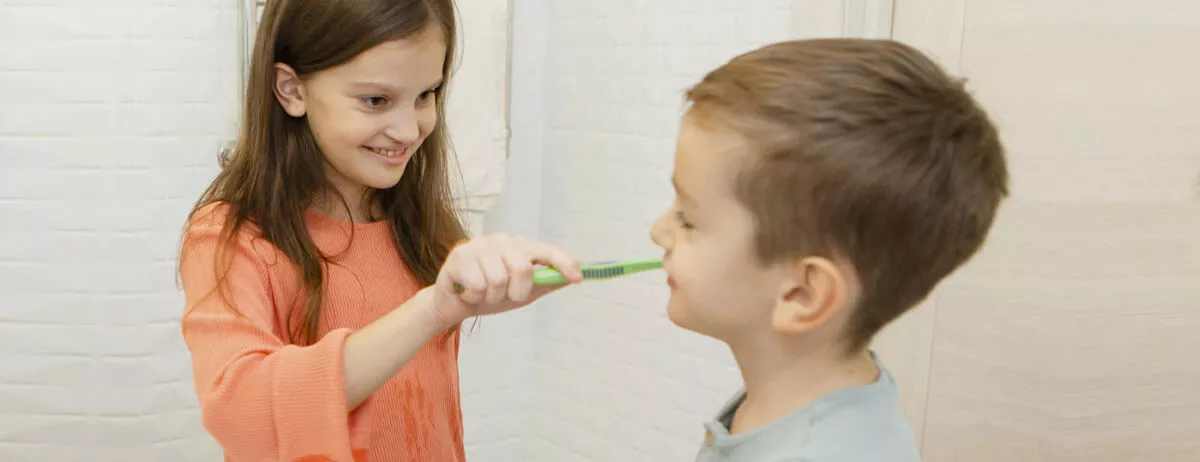
At What Age Should Children Start Brushing Their Teeth?
The age at which you start brushing your teeth is closely related to the child's dental development. The first teeth usually start to appear between 6-8 months, and oral hygiene becomes important for children during this period. As the first teeth emerge, the teeth need to be cleaned using a soft baby brush with the help of the mother or father. In this way, the future dental health of the child is protected by preventing the formation of caries.
The Importance of Brushing Teeth in Children
Brushing teeth is very important for children. Brushing your teeth correctly and regularly is the most basic step to protect your child's oral and dental health. Tooth brushing helps clean away bacterial plaque and food debris that accumulate in the mouth. In this way, the risk of developing caries and other oral diseases is reduced. Regular tooth brushing habits support your child's jaw development and contribute to the formation of healthy tooth structure. Children who acquire the habit of brushing their teeth regularly, especially at a young age, are less likely to suffer from orthodontic problems. Thanks to oral care and tooth brushing at appropriate intervals, the jaw structure develops appropriately and the teeth are positioned correctly in the mouth. Starting tooth brushing at an early age makes it easier for the child to adopt this habit. Parents become role models in dental care by showing their children the correct techniques from an early age. For example, you can brush your teeth with your child so that he/she can brush his/her teeth correctly and learn by seeing it. You can also attract your child's attention and make him love brushing his teeth by using colorful and fun toothbrushes.
Roles of Parents
Parents have a great responsibility in teaching children the habit of brushing their teeth. If parents do their part in this regard correctly and support their children, children will easily acquire the habit of brushing their teeth; They have a healthy oral structure. Advice that can be given to parents when teaching their child to brush their teeth is as follows:
1. Leading by Example: Children tend to imitate their parents. Therefore, if parents brush their teeth regularly, they will set an example for their children.
2. Teaching the Correct Technique: Parents need to guide their children by teaching them the correct tooth brushing technique. If children are shown practically that the entire front, back and side surfaces of the teeth should be brushed, the child will learn the technique more easily.
3. Helping: Especially young children have difficulty brushing their teeth properly. Therefore, parents help their children when necessary and in some cases do the brushing themselves.
4. Motivate: To prevent tooth brushing from seeming like a boring task, parents motivate their children by making tooth brushing more fun with games and make children love brushing teeth.
Tooth brushing education in children is a process that should start at an early age and progresses with the joint work of families and dentists. Acquiring correct tooth brushing habits is of great importance in protecting children's oral and dental health. It is important for children to acquire this habit with appropriate techniques in order to reduce the risk of oral and dental diseases in later ages and to have a healthy jaw structure. In this case, parents can help their children and if they can guide them correctly, they can help them have a healthy smile.
In addition, one of the most important duties of parents is to bring their children to the pediatric dentist (pedodontics) regularly. In this way, the doctor can diagnose unseen diseases early and apply more accurate treatments.


